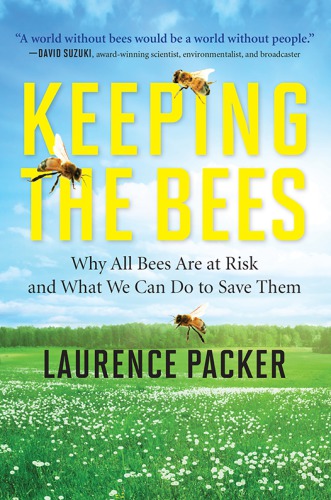

Most ebook files are in PDF format, so you can easily read them using various software such as Foxit Reader or directly on the Google Chrome browser.
Some ebook files are released by publishers in other formats such as .awz, .mobi, .epub, .fb2, etc. You may need to install specific software to read these formats on mobile/PC, such as Calibre.
Please read the tutorial at this link: https://ebookbell.com/faq
We offer FREE conversion to the popular formats you request; however, this may take some time. Therefore, right after payment, please email us, and we will try to provide the service as quickly as possible.
For some exceptional file formats or broken links (if any), please refrain from opening any disputes. Instead, email us first, and we will try to assist within a maximum of 6 hours.
EbookBell Team

0.0
0 reviewsA world without bees would be much less colourful, with fewer plants and flowers. But that's not all -- food would be in much shorter supply, and available in much less variety. While the media focuses on colony-collapse disorder and the threats to honey bees specifically, the real danger is much greater: all bees are at risk. And because of the integral role these insects play in the ecology of our planet, we may be at risk as well.
The life of Laurence Packer, a melittologist at Toronto's York University, revolves around bees, whether he's searching for them under leaves in a South American jungle or identifying new species in the desert heat of Arizona. Packer often finds himself in exotic and even dangerous locales, risking snake bites, sunstroke, and even the ire of other scientists. Everywhere he travels, he discovers the same unsettling trend: bees are disappearing. And since bees are responsible for up to one-third of our food supply, the consequences are frightening.